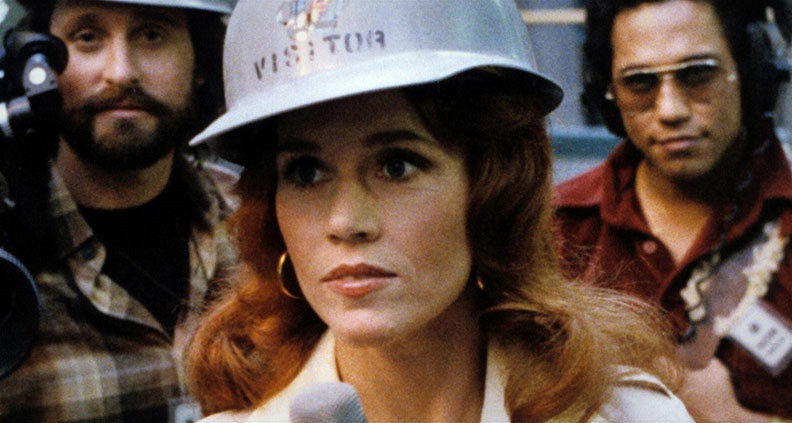
The disaster film genre is one that is never short of big-budget, action-packed, and star studded installments, no matter the era. Younger audiences may remember a slew of 1990’s disaster films such as Twister, Independence Day, and Deep Impact to name a few, but those versed on the subject know that the genre spans decades, with the nineties marking not the beginning, but a renaissance.
While disaster films themselves date back almost as early as mainstream film, the genre saw its true heyday during the 1970’s when a handful of immensely successful works hit the box office. Record breaking financial successes, Oscar sweeps, and beloved casts abound in the exhilarating works of the decade. What’s more, that the era predates that of many CGI advancements, we’re treated to a vast array of practical effects, making every explosion, crash, and avalanche that much more lively.
10. Airport (1970)
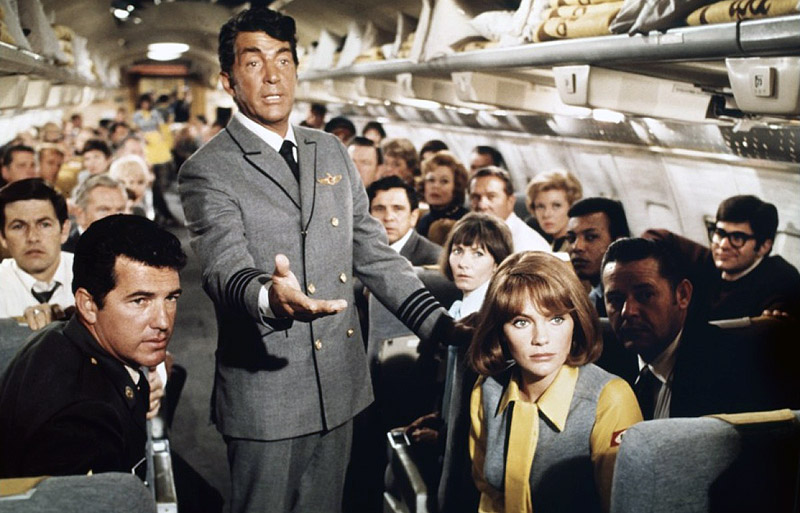
The inaugural edition of the Airport series, written and directed by George Seaton, Airport stars Burt Lancaster and Dean Martin. The film, based on the novel by Arthur Hailey of the same name, Airport is said to mark the inception of the 1970’s disaster film era. This is in part due to its immense commercial success set against a relatively humble blockbuster budget. The film became Universal Pictures’ most financially successful film at the time. The film also claims an Academy Award for Best Supporting Actress that went to Helen Hayes, who played Ada Quonsett, a stowaway, along with several other Academy nominations including Best Cinematography, Picture, and Costume Design.
The film centers around an airport employee doing his best to keep the airport open despite a disastrous snowstorm. To complicate matters, there is a suicide bomber with his eye on a Boeing 707 that is already in flight. The film is detailed and does an impeccable job with world-building; the ins and outs of airport operations are meticulously recounted, which is no small feat given the complexity of plot. Personal anecdotes interweave nail-biting emergency response decisions that all involved in airline operations must make. The film builds tension intentionally and painstakingly, bringing audiences face to face with disaster itself.
9. The Andromeda Strain (1971)
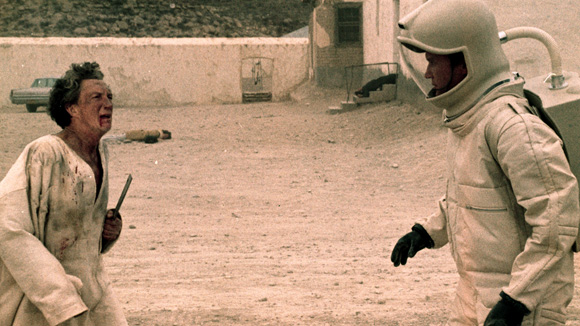
Based on the novel of the same name written by the notorious Michael Crighton, which came out two years prior to the film, The Andromeda Strain is a 1971 sci-fi thriller starring Arthur Hill, James Olson, Kate Reid, and David Wayne. Directed by Robert Wise, the film follows a team of scientists who set out to pin down the details of an invasive and deadly alien organism. With a few moments of departure, the film is relatively faithful to the book, and features special effects by Douglas Trumbull of 2001: A Space Odyssey fame, as well as Blade Runner, Close Encounters of the Third Kind, and many others.
Along with its attention to fictional detail in regards to its source material, the film was praised as being incredibly scientifically accurate by the science community upon its release. Specifically, its representation of a deadly organism and the ensuing effects of its interaction with society, as well as the effort involved in containing it, were lauded as being very accurate. The Andromeda Strain was nominated for two Academy Awards, one for Best Art Direction, and one for Best Film Editing.
8. The Poseidon Adventure (1972)
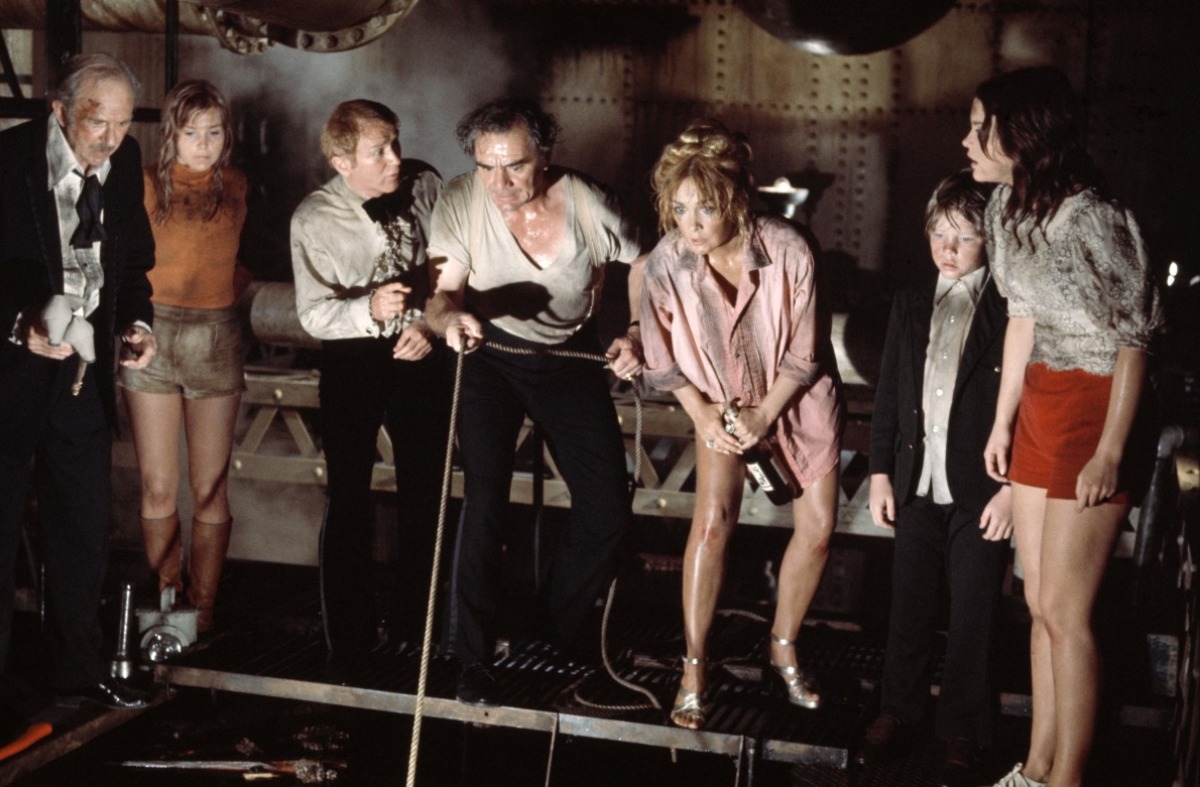
The Poseidon Adventure, based on the novel of the same name written by Paul Gallico, was directed by Ronald Neame and produced by Irwin Allen, who has been named the “master of disaster” for his work in disaster films. It brings to the screen a number of Academy Award winners including Gene Hackman as Reverend Frank Scott, Ernest Borgnine as Detective Lieutenant Mike Rogo, Jack Albertson as Manny Rosen, Shelley Winters Belle Rosen, and Red Buttons as James Martin.
Taking home two Academy Awards for Best Song and Best Visual Effects, and having been nominated for countless other awards, the film centers on the SS Poseidon on her final voyage from New York City to Athens before meeting its final destination in the scrap yard. After being dumped into the ocean by a tsunami on New Years Eve, passengers and crew alike are trapped inside the ship, while a preacher attempts to get some of the passengers to safety.
Scored and conducted by celebrated film composer John Williams, the film showcases a dazzling soundtrack that graces the contours of the film intricately. Production design, stunts, special effects, and performances have been praised by critics and audiences alike making The Poseidon Adventure an enduring classic.
7. The Big Bus (1976)
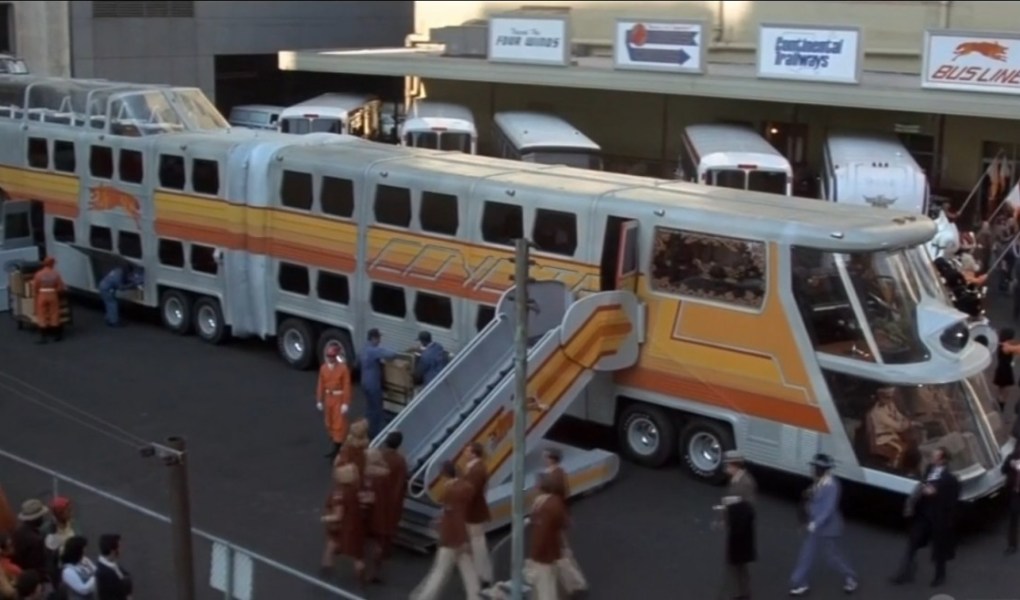
While disaster movies may tend to evoke darker, more grim moods, The Big Bus takes a chance at mixing disaster and comedy. Directed by James Frawley and starring Joseph Bologna and Stockard Channing, the film is a parody of the disaster genre, which had gained a lot of traction in the film industry at the time. The film has been immortalized by audiences as a cult classic, though it was not a box office hit at the time of its release.
The Big Bus follows Cyclops, a nuclear-powered bus that is making its maiden voyage across the country, pointing to a play on The Poseidon Adventure, which features a maiden voyage by sea and had come out in theaters four years prior. The central vehicle to the film, Cyclops, in the vein of not-yet-made film Mad Max: Fury Road, was said to be a drivable and road-ready vehicle made by production designer Joel Schiller. The bus is said to be fully functional, and even participated in a parade the year of release. For those who are partial for larger-than-life practical effects, as well as a softness for spoof, The Big Bus delivers in droves.
6. The Bullet Train (1975)
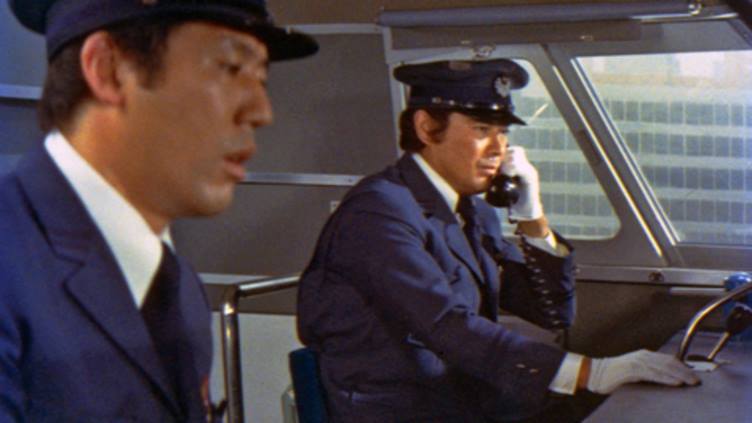
The Bullet Train, also known as Super Express 109, and Shinkansen Daibakuha, is a Japanese disaster film starring Ken Takakura, martial artist Sonny Chiba, who some might know from Quentin Tarantino’s Kill Bill, and Ken Utsui. Directed by Junya Satō, it follows a Shinkansen, or bullet train, that is threatened with a bomb set to detonate if the speed drops below 80km/h. A ransom is demanded, and police struggle to defuse the bomb while the train speeds on. Fans of the disaster genre will recognize this plot as the inspiration for the 1994 Keanu Reeves film Speed.
The heart-pounding plot is brought to its maximum tension by a jazzy score and lively performances, set against a backdrop of ample train footage. Visual effects come alive on screen, and audiences will appreciate the fast-paced and upbeat romp that is The Bullet Train.